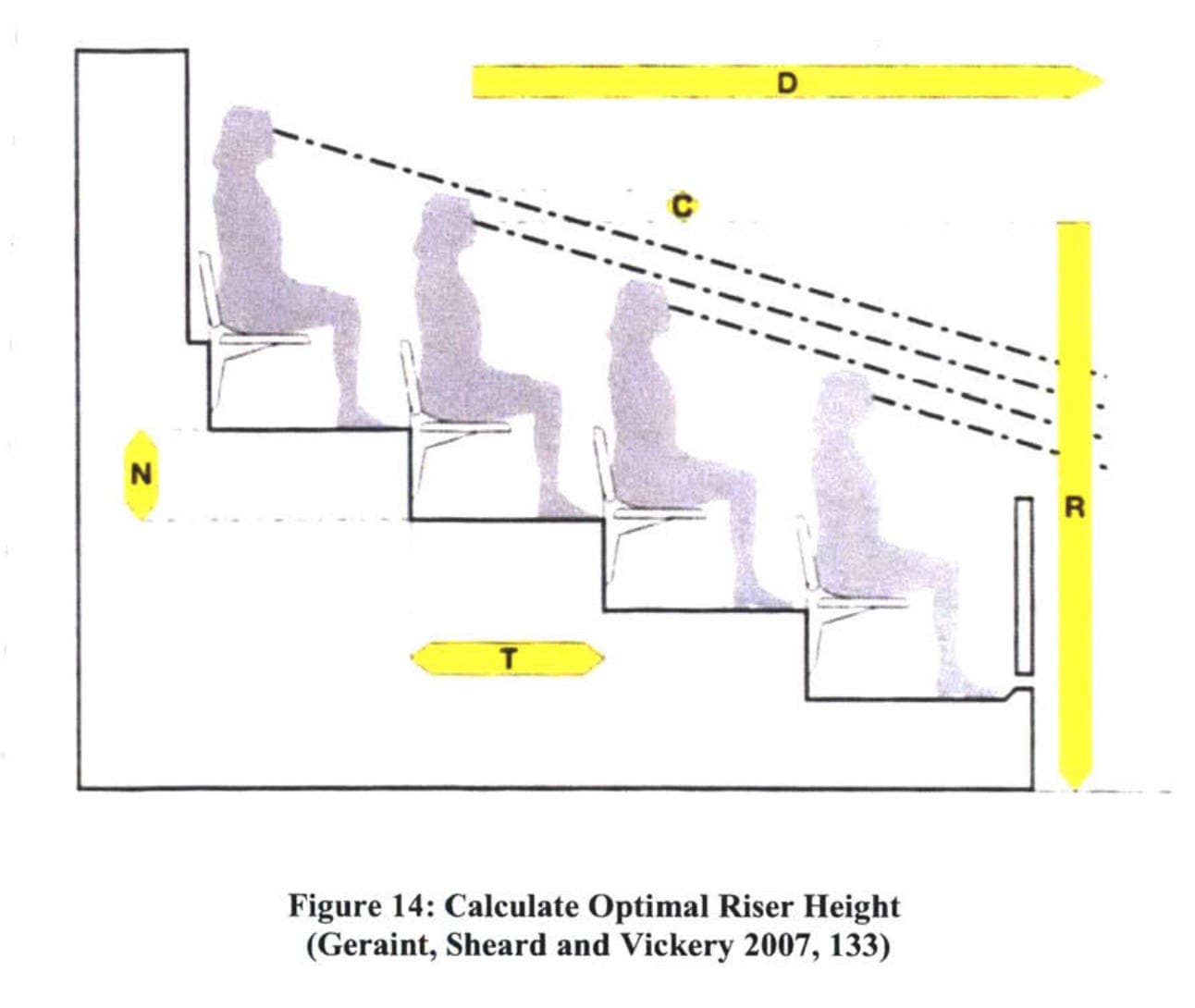US Manufacturing Decline: A Generational Shift from Production to Digital Economy

Industrial designer Greg Koenig recently ignited discussion on social media, asserting that the United States' manufacturing capabilities were not merely lost but "given away" over the past three decades. In a pointed tweet, Koenig claimed that American "best tool makers and engineers" taught others how to build components, leading to a national exit from the manufacturing race. He further contended that young engineering and managerial talent were subsequently redirected towards developing advertising-focused technologies.
"Left behind" implies we were in the race and lost. No, it is more idiotic/worse than that - we literally gave it away. 30 years ago, we took our best tool makers and engineers and taught everyone else how to build these components, then exited the race. Then we took all our young engineering and managerial talent to figure out how to sell fucking advertisements to people," Greg Koenig stated in his tweet.
Koenig, known for his expertise in industrial design and analysis of complex manufacturing processes, including those of major tech companies, highlights a long-standing economic transformation. The US manufacturing sector has seen a significant decline in employment since its peak in the late 1970s, with millions of jobs lost, particularly between 2000 and 2010. This period coincided with increased globalization, outsourcing of production to lower-cost regions, and the rise of "asset-light" corporate models that prioritized core competencies over vertical integration.
Experts suggest this shift was not solely due to external competition but also a conscious decision to focus on innovation and design while offloading production. Post-World War II, the US innovation system emphasized early-stage research and development, assuming manufacturing dominance would persist. This led to a perceived neglect of domestic manufacturing infrastructure and a lack of sustained investment in its evolution, unlike countries like Germany and Japan that integrated manufacturing into their innovation strategies.
The reallocation of talent, as described by Koenig, reflects a broader economic pivot towards the service and digital sectors. While manufacturing still requires skilled engineers, there has been a notable shift in where top engineering and managerial graduates seek opportunities. The burgeoning tech industry, with its focus on software, data, and digital platforms—many of which are supported by advertising revenue—has attracted a significant portion of this talent.
This transition has created a talent shortage in modern manufacturing, which now demands advanced digital skills for automation, data analytics, and supply chain management. Efforts are underway to rebrand manufacturing and attract new talent, but the perception of it as an outdated industry persists. Koenig's tweet underscores a critical perspective on this economic evolution, suggesting a deliberate national choice that reshaped the landscape of American industry and its workforce.